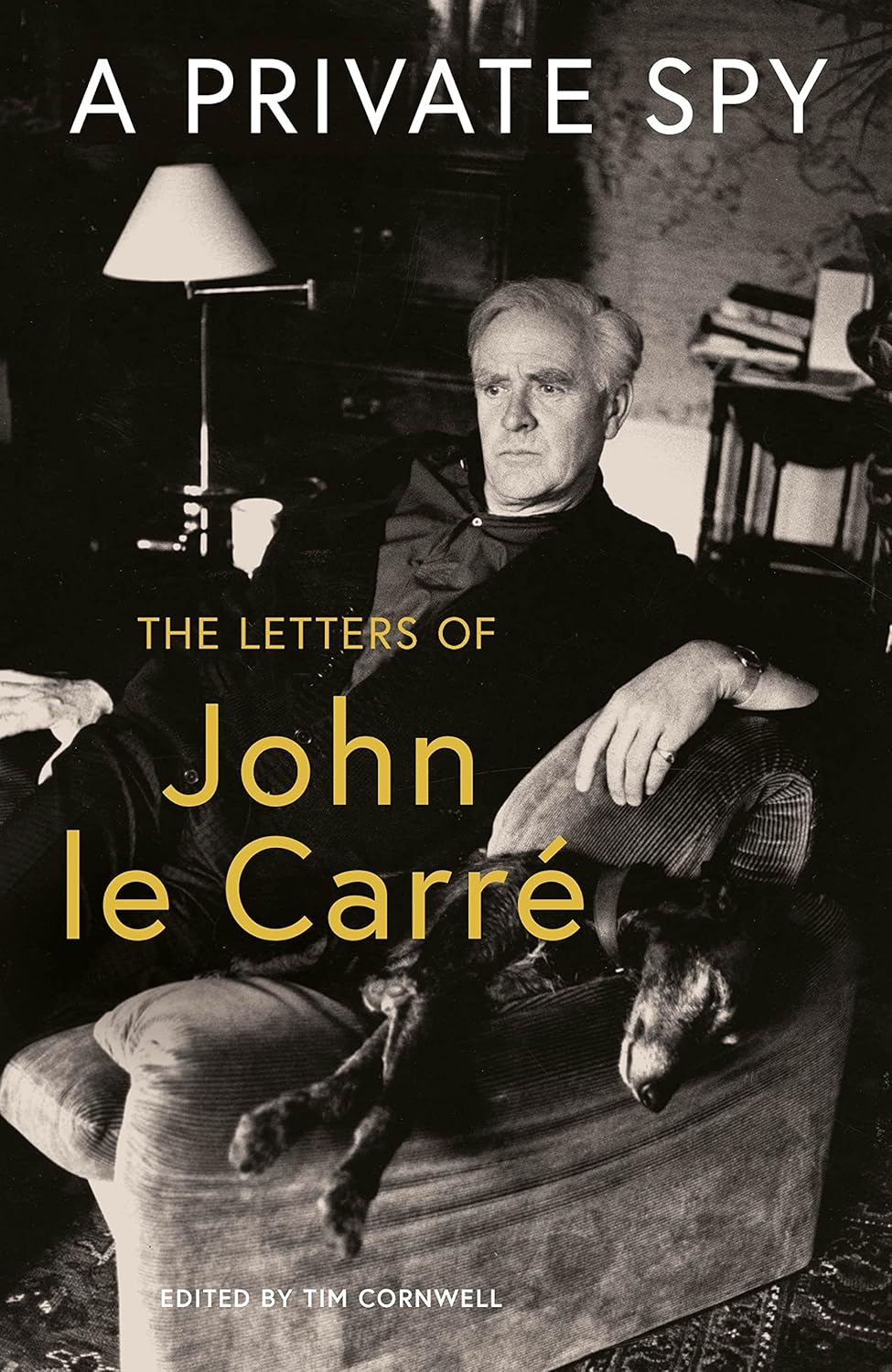
A Private Spy: The Letters of John le Carré 1945-2020
FREE Shipping
A Private Spy: The Letters of John le Carré 1945-2020
- Brand: Unbranded

Description
I first read John le Carré’s Tinker, Tailor, Soldier, Spy soon after it was published in 1974, and have reread it several times since. After Agent Running in the Field (2019), a novel with parallels to the Edward Snowden affair, he started a book with the working title The George Smiley Years, which included an encounter between Smiley and his arch-nemesis and foil Karla, after the Russian spy chief’s defection to the West. It was extraordinary to be in each other’s company at last, after more than a year of corresponding.
She had been delighted by the progressive views he expressed, especially his disparagement of empire. She longed to be a mature, desired woman, “like Jeanne Moreau: no longer girlish, but ripe, alluring, and wise,” as she would say. John le Carré – David Cornwell as he then was – grew up among the lies of his fraudster father Ronnie. And the option of referring to the whole operation as the Circus—there in one word was all the intrigue, all the dysfunction, all the fun. Notably, though, it was published in Encounter, a magazine funded by the CIA—le Carré was expressing his outsider’s viewpoint in a publication that was very much a part of the inside, the same machinery that he was critiquing.
It cannot have been easy for her to discuss her intimate past with a complete stranger, and I was impressed by her frankness, articulacy and insight. The letter F indicated,” he told a London audience in 2007, “that our target was Communist subversion in all its perceived variations. Nick is the only child of le Carré’s marriage to Jane; his three older brothers were the author’s children with his first wife, Ann. To a 10-year-old who wrote asking how to be a spy, he said the key was to serve a cause and know “whom you would like to help, whom to frustrate”.
Aged nineteen, David Cornwell (he was not yet le Carré, the novelist) was in Sussex for spy-training camp. It was always about energy, courage, libido, fear, laughter – it was always a first book every time, there’s no such thing as a pro, not really. In his early letters he seemed to have been probing the boundaries of their relations, testing the limits of what was acceptable. He had a fascination with monks but they couldn’t have been more different from his father Ronnie, a divorcé (le Carré’s mother left him when the boy was five) and a criminal who would soon be exposed in the press as a heavy-duty con man after a bankruptcy that made headlines. And a very few are intelligent and convey it: in Tinker Tailor, this gift will be pure gold, because it gives such base to the other things – the solitude, the moral concern, the humanity of Smiley – all, because of the intelligence of his perceptions, grow under our eyes and in your care.No secret service is strong enough to break its own rice bowl like this, and maintain its clout in the corridors of power. The never-before-seen correspondance of John le Carré, one of the most important novelists of our generation, are collected in this beautiful volume. These cookies help provide information on metrics the number of visitors, bounce rate, traffic source, etc. This article was amended on 27 October 2022 to add the original footnote from the book explaining that the reference to “Corinthia” was presumably intended to be to Carinthia.
The latter suggested to le Carré that the two men collaborate on a script together, “perhaps a musical. I don’t want to meet you in England but there’s the rest of Europe and there are other bits of America. His mounting excitement is palpable on the page, as his letters became more erotic and more explicit. As le Carré’s own life filled with glitz, he was making his name by ridding the spy thriller of that very same quality. Sometimes it feels like there’s no way out except to disappear into fantasy—but le Carré wrote fiction that refused to lie to us.This proved a frustration for the young le Carré, who recognized his own talent and craved an audience. Hence discussions on painting for instance are somewhat limited by the extent to which a boy will confess himself impressed. Susan felt that she had been given the brush-off; more than that, she felt that he had not been true to his feelings: that he had walked away from the kind of love that happens only once or twice in a lifetime. He explained himself to a friend who learned that le Carré spied on him at university: “I was a nasty, vengeful little orphan with a psychopathic liar for a father and a boy-scout self-image as an antidote.
But by melding his insider’s knowledge with his outsider’s perspective, le Carré ascended to a greater height. He warned her that “You may have to wait a few weeks till you hear from me, but you will, my darling,” and asked her to have faith in him. Your work has been a constant inspiration to me, and whatever our differences I wanted to thank you for it, and for your example. I ran out of the house in London 2 weeks ago and forgot where to go or what I was up to and simply caught a train down here.
His letters are full of admiration for people whose work meant putting themselves in harm’s way to serve others, such as Janet Lee Stevens, an American journalist who covered the lives of Palestinian refugees living in Lebanon.
- Fruugo ID: 258392218-563234582
- EAN: 764486781913
-
Sold by: Fruugo
